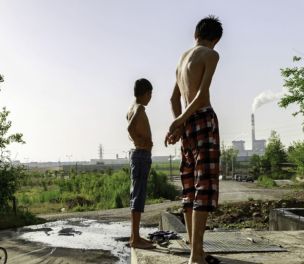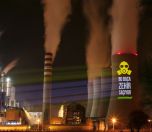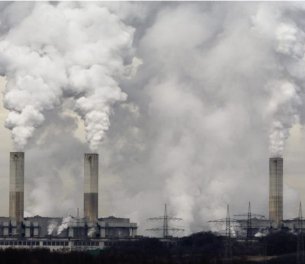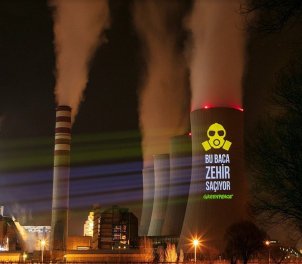Environmental Groups Call for Halt of Coal-Fired Plant Project in Adana
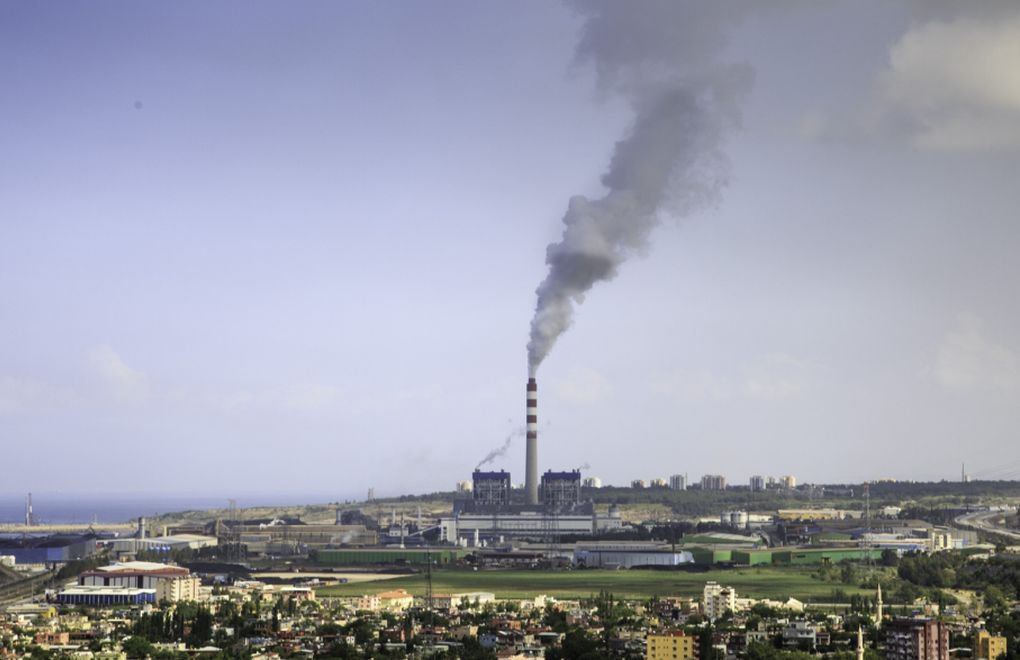
Photo: Kerem Yücel / CAN Europe
Click to read the article in Turkish
Several environmental organizations have launched a campaign calling on the Ministry of Environment and Urbanism and the Ministry of Energy and Natural Resources to immediately halt the construction of a coal-fired power plant in Adana, southern Turkey.
Financed by China-based companies, the construction of the Hunutlu Thermal Plant in Yumurtalık, Adana, started in 2015. The plant is planned to have an installed power of 1320 megawatts.
The campaign titled "Fresh air for Adana" (#AdanayaTemizHava) was launched by 10 environmental groups, including CAN Europe and WWF Turkey.
The construction of the plant began without a health impact review and a cumulative air pollution modeling for the İskenderun Bay, the organizations said in a joint statement.
Also, the positive environmental impact report for the project is null because the air pollution measurements in the environmental impact assessment report do not meet national limit values, the environmental groups stated.
Air pollution in Adana
In Adana, one out of every five deaths occur due to causes related to air pollution, the statement said, citing a report by the Health and Environment Alliance (HEAL). Had the air pollution been below the limit values of the World Health Organization (WHO), the deaths of 2,072 people could have been prevented in 2019, according to the report.
The statement also cited the Air Pollution Report by Adana Chamber of Environmental Engineers, which said the air was polluted in 236 days last year. In 2019, the PM10 values for the city were twice as more than Turkey's national limits and four times as more than the WHO limits, the report said.
The organizations also noted that the amount of PM2.5, which they said is the most dangerous air polluter, is not being measured by any of the stations in Adana.
"According to the expert report that was submitted [to the court] in the lawsuit we opened against the licensing of the plant, after the Sugözü Thermal Plant became operational in 2003, cancer cases increased 11 times between 2009 and 2014," said İsmail Hakkı Atal, a volunteering attorney of the Eastern Mediterranean Environmental Platform.
Funda Gacal, the Turkey advisor of the HEAL, said that the environmental impact assessment report was not up-to-date and should be canceled.
WWF Turkey General Director Aslı Pasinli said, "Air pollution around İskenderun Bay, where two imported coal-fired power plants are in operation and the permission processes for 13 imported coal-fired thermal plants are underway, threatens both human health and biodiversity."
"Trees are drying out because of power plants"
Hundreds of citrus trees were dried out after the change in the weather and climate because of the coal-fired plants, said Dr. Sadun Bölükbaşı, the chair of the Adana Environmental and Consumer Protection Association.
"Here, we have a first-hand experience on the change in the climate and the weather," he said.
"Mediterranean Region will be the region that will be the fastest and the most intensely affected area from the climate crisis. The plant will deal a heavy blow to the agriculturists and agriculture in the region by placing a burden on İskenderun Bay, which is already under threat due to suddenly changing weather conditions and the pollution by the plants and which feeds about seven percent of Turkey's agricultural sector," said Efe Baysal, the campaign manager of 350.org Turkey.
The organizations launched the campaign: The Platform of Eastern Mediterranean Environmental Associations (DAÇE), Adana Medical Chamber, Adana Agricultural Engineers Chamber, Climate Action Network Europe, Ekosfer, Health and Environment Alliance (HEAL), The Turkish Foundation for Combating Soil Erosion (TEMA), WWF-Turkey ad YUVA Association. (EMK/VK)




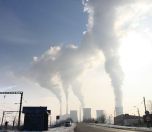
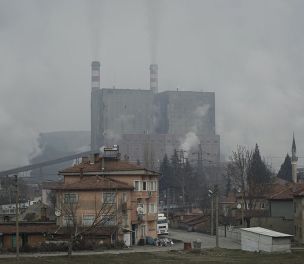
dvd.jpg)
